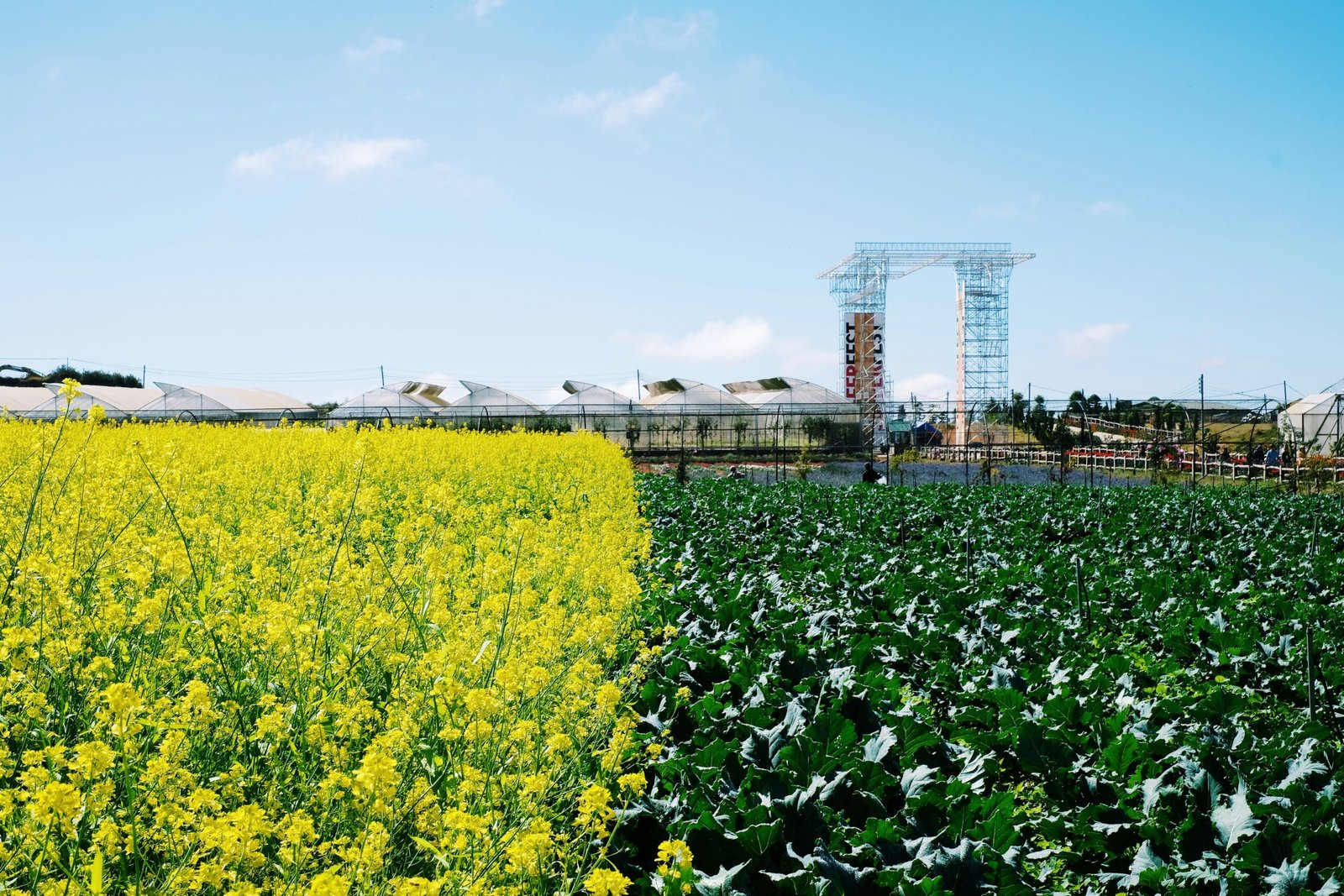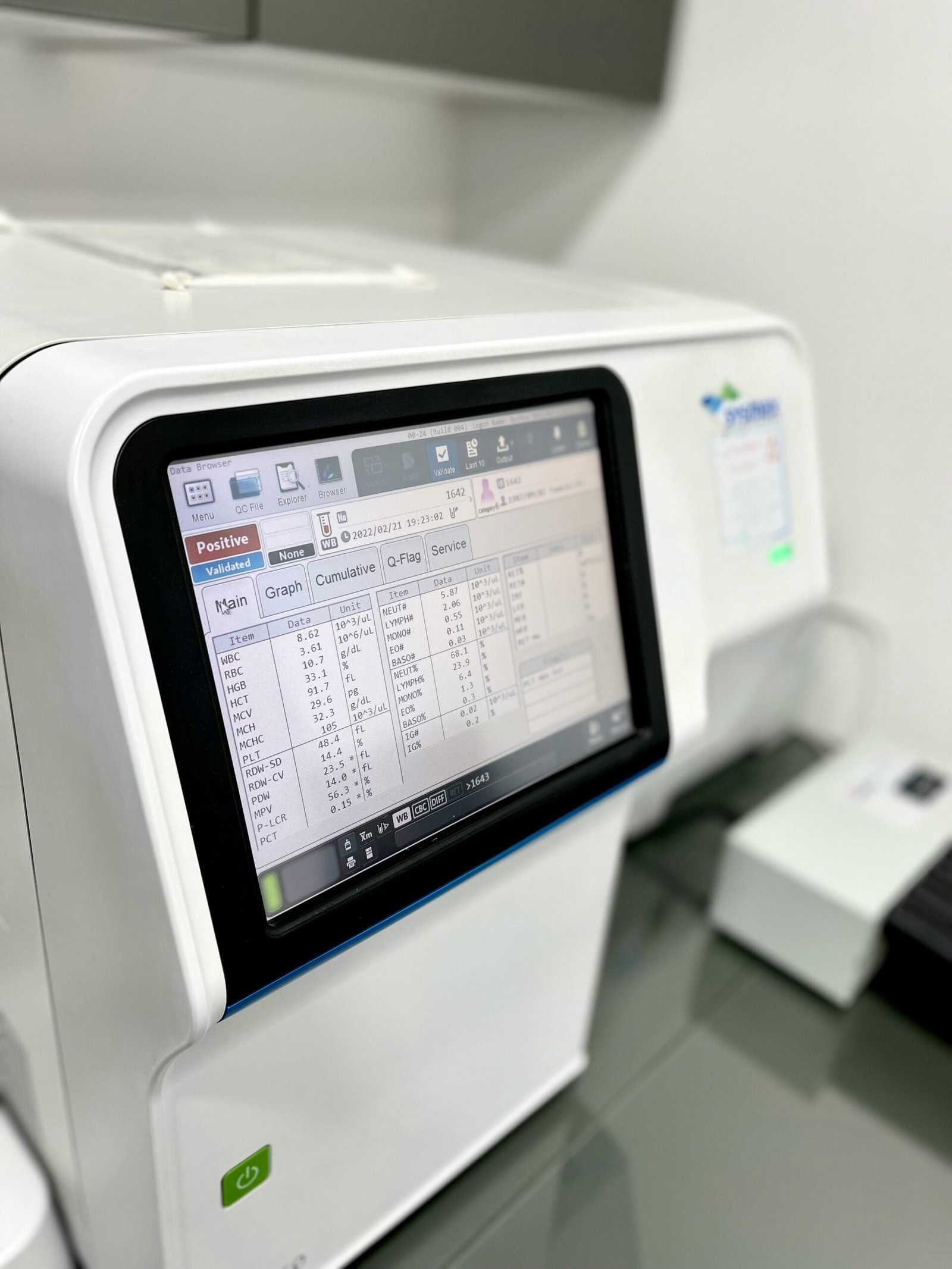Imagine a world where crops are not only more resilient but also capable of thriving in challenging conditions. This vision is becoming a reality thanks to biotechnology in agriculture. As the global population continues to rise, innovative approaches to farming are essential for meeting food demands while safeguarding our environment. Biotechnology offers exciting solutions that enhance crop production and promote sustainability. Whether you’re a farmer looking for better yields or an environmentally conscious consumer curious about your food sources, understanding how biotechnology is transforming agriculture can open your eyes to new possibilities. Let’s explore this fascinating field together and discover its potential benefits for our planet and future generations.
Understanding Biotechnology in Agriculture
Biotechnology in agriculture involves the use of advanced scientific techniques to modify plants and animals. This innovation aims to improve their traits, making them more productive and resilient. By manipulating genetic material, scientists can develop crops that resist pests, tolerate droughts, or enhance nutritional content.
At its core, biotechnology harnesses nature’s own processes through methods such as genetic engineering and molecular markers. These techniques allow for precise modifications without introducing foreign genes from unrelated species.
Farmers benefit significantly from these advancements. With biotechnology, they can cultivate crops that require fewer pesticides and fertilizers while ensuring higher yields. This not only boosts food production but also promotes environmental sustainability by reducing chemical runoff into ecosystems.
As research progresses, the applications of biotechnology continue to expand—offering exciting potential for future agricultural practices around the globe.
The Benefits of Biotechnology in Crop Production
Biotechnology in agriculture offers significant advantages for crop production. It enhances yield potential, allowing farmers to produce more food using fewer resources. This means less land and water is needed to grow the same amount of crops.
Moreover, biotechnology contributes to pest resistance. By introducing specific traits into plants, scientists can create varieties that naturally repel insects or withstand disease. This reduces the reliance on chemical pesticides and promotes healthier ecosystems.
Additionally, biotechnological advancements help improve nutritional content in crops. Fortifying staples like rice with essential vitamins can combat malnutrition in vulnerable populations.
Farmers also benefit from reduced spoilage through longer shelf life of biotech-enhanced fruits and vegetables. This not only cuts down on waste but ensures consumers have access to fresh produce longer.
All these factors lead towards a more sustainable agricultural model that meets the demands of a growing global population while protecting our planet’s resources.
Improving Sustainability with Biotechnology
Biotechnology is revolutionizing how we approach agricultural sustainability. By utilizing genetically modified organisms (GMOs), farmers can cultivate crops that require fewer resources, such as water and fertilizers. This leads to a significant reduction in environmental impact.
One remarkable aspect of biotechnology in agriculture is its ability to enhance pest resistance. Crops engineered to withstand pests not only reduce the need for chemical pesticides but also promote biodiversity by allowing beneficial insects to thrive.
Moreover, biotechnological advancements enable the development of drought-resistant varieties. These crops can flourish even in challenging climatic conditions, ensuring food security while conserving precious water resources.
The integration of biotechnology fosters sustainable farming practices that align with ecological principles. As more farmers adopt these innovations, they contribute positively to soil health and carbon sequestration efforts, paving the way for a greener planet.
Addressing Concerns and Misconceptions
Biotechnology in agriculture often stirs up strong feelings. Many people worry about safety and environmental impacts. Misinformation fuels these concerns, creating a barrier to acceptance.
One common misconception is that genetically modified organisms (GMOs) are unnatural or harmful. In reality, biotechnology harnesses natural processes to enhance traits like pest resistance and drought tolerance.
Another concern revolves around biodiversity loss. Critics fear that monocultures will dominate landscapes, reducing ecological richness. However, when used responsibly, biotechnology can actually promote variety by developing crops suited for diverse environments.
Labeling also poses challenges. Consumers want transparency but may not fully understand what these labels signify. Educating the public on the science behind biotechnology can bridge this gap and foster informed decisions.
Addressing fears through open dialogue is essential for progress in agricultural innovation while ensuring food security and sustainability remain priorities.
Successful Examples of Biotechnology in Agriculture
One noteworthy example of biotechnology in agriculture is Bt cotton. This genetically modified crop has been engineered to express a protein from the bacterium Bacillus thuringiensis, which acts as a natural insecticide. Farmers have reported significant reductions in pest-related losses, leading to higher yields and less reliance on chemical pesticides.
Another remarkable case is golden rice. Enriched with vitamin A through genetic modifications, it aims to combat nutritional deficiencies in developing countries. This innovation holds promise for improving public health while ensuring food security.
Moreover, drought-tolerant corn varieties illustrate biotechnology’s potential to address climate challenges. These crops require less water yet maintain productivity levels, offering farmers resilience against changing weather patterns.
These examples showcase how biotechnology can transform agricultural practices. They highlight advancements that not only boost production but also tackle pressing global issues like nutrition and environmental sustainability.
Future Potential and Development in the Field
The future of biotechnology in agriculture is brimming with possibilities. Researchers are constantly exploring new genetic techniques to enhance crop resilience against climate change.
Innovations like CRISPR gene editing enable precise modifications, paving the way for plants that can thrive under stress conditions such as drought or flooding. These advancements could revolutionize food production and security.
Moreover, integrating artificial intelligence and data analytics can optimize farming practices, ensuring resources are used more efficiently. Smart farming systems promise to reduce waste while maximizing yields.
Sustainable biopesticides and biofertilizers represent another frontier. They offer eco-friendly alternatives to chemical solutions, promoting healthier soil and ecosystems.
As global populations grow, harnessing biotechnology will be crucial in meeting rising food demands sustainably. The path ahead holds immense potential for creating a resilient agricultural landscape that benefits both farmers and the environment alike.
Conclusion: Embracing the Promise of Biotechnology for a Sustainable Future
Biotechnology in agriculture stands at the forefront of transforming how we grow our food. The advancements made in this field hold remarkable potential to enhance crop yields, improve nutritional content, and develop resistance against pests and diseases. As we face a growing global population and increasing environmental challenges, embracing these innovations can lead to more sustainable farming practices.
The benefits extend beyond mere productivity. By utilizing biotechnology, farmers can reduce their reliance on chemical pesticides and fertilizers, leading to healthier ecosystems. This approach not only conserves resources but also promotes biodiversity within agricultural landscapes.
Addressing concerns surrounding biotechnology is essential for fostering public trust. Open dialogue about safety regulations and transparent research will help dispel myths associated with genetically modified organisms (GMOs). Success stories across different crops illustrate its positive impact on both economy and environment.
As research continues to evolve, the future of biotechnology in agriculture looks promising. New discoveries have the power to unlock even greater possibilities for resilient crops tailored to specific climates or soil conditions.
Embracing biotechnology means investing in a vision where agriculture meets sustainability head-on—a vision that prioritizes food security while protecting our planet’s precious resources for generations to come.





